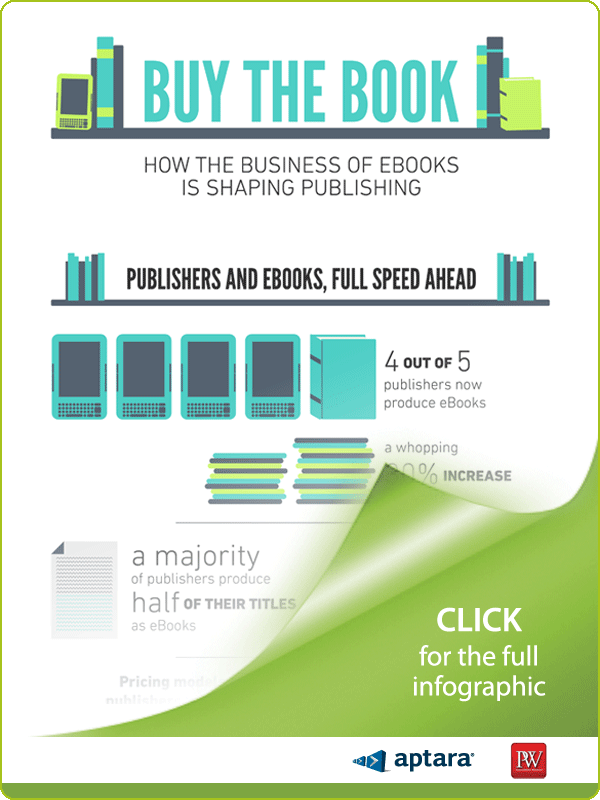Change always seems to occur faster than you think but often slower than you think.
Most things in society or life are at the same time dramatically different than they were a few years ago, but eerily similar to fifty years ago.
If you are an observer or participant in the book publishing world, you can completely ignore certain trends and not be harmed at all. In fact, when you ignore the changes happening every day, publishing actually slows down, and becomes much simpler to understand.
For a while.
But ignoring change for too long will make you complacent and susceptible to becoming a victim of the changes you’ve ignored, making your work irrelevant very quickly and unexpectedly.
Like not upgrading your computer software until the day nothing works.
On one hand, you don’t want to respond immediately to every wind which blows. It would make you unstable, unfocused and unable to function. But ignoring changes altogether for too long is done at your own peril.
The Amazon Kindle first appeared in late 2007. Within a year, many people predicted paper would start to become unnecessary, so we didn’t need to print books at all five years from then.
On the other hand, many people predicted eBooks were just a passing fad and could be ignored entirely.
The truth? There is an appropriate place for both in the publishing market because the most important person in publishing is the reader, and they decide how they want to consume a book, on screen, paper, or in audio.
Publishers or authors don’t decide these things, readers do. Readers have the real power in the publishing world, not the authors, publishers or might I add agents.
One group might desire change to be fast, the other want no change. Reality always resides somewhere between the two.
In publishing, the reader decides.
Not long ago, I received a proposal from an author who wanted to write a book about their vision of heaven, to pick up on the “current” trend of books in that category. Books like it still sell, but they are the classic backlist titles, not new books. This author wasn’t paying attention to what new books were selling today.
By the way, every author, traditional or self-published, takes time to write a book and is playing a perpetual guessing game of what readers want to read one or more years into the future. Good luck hitting an invisible, moving target.
The secret to deciphering the “change code” and deciding how to respond is found in a very complicated process which takes immense knowledge, education and courage. It is best described in two words:
Pay attention.
Maybe I overstated the prerequisites a bit, which are probably more on the work and discipline side of the pendulum swing. But still, I can’t explain it any better.
There are two kinds of change in publishing. Knowing the difference is key.
- True changes – involve progress, movement forward, systemic shifts, technological advances and anything which disrupts and causes permanent havoc to what we are accustomed.
- Cyclical events – involve things visible only to those who pay attention, but invisible to those who think everything important occurred since 2007 or those who haven’t paid attention since.
Did you know the discussion of eBooks and their effect on the market is similar to the release of what are called “mass market paperbacks” in the 1930’s? (Mass market paperbacks are the slightly smaller, inexpensive books you might find in an airport or grocery store)
In the late 1930’s, money was not plentiful and World War II created opportunities for inexpensive and smaller size books which could be easily purchased and carried.
Book aficionados hated them as they were “not a real book.” Some publishers hated them because the price was low, and it affected the perceived value of a published book.
Any of this remind you of anything?
Mass market books were the “true change” and eBooks are part of a cyclical event. And all this time you thought eBooks were so cutting-edge.
The internet is true change. It is redefining everything. Until the next thing.







